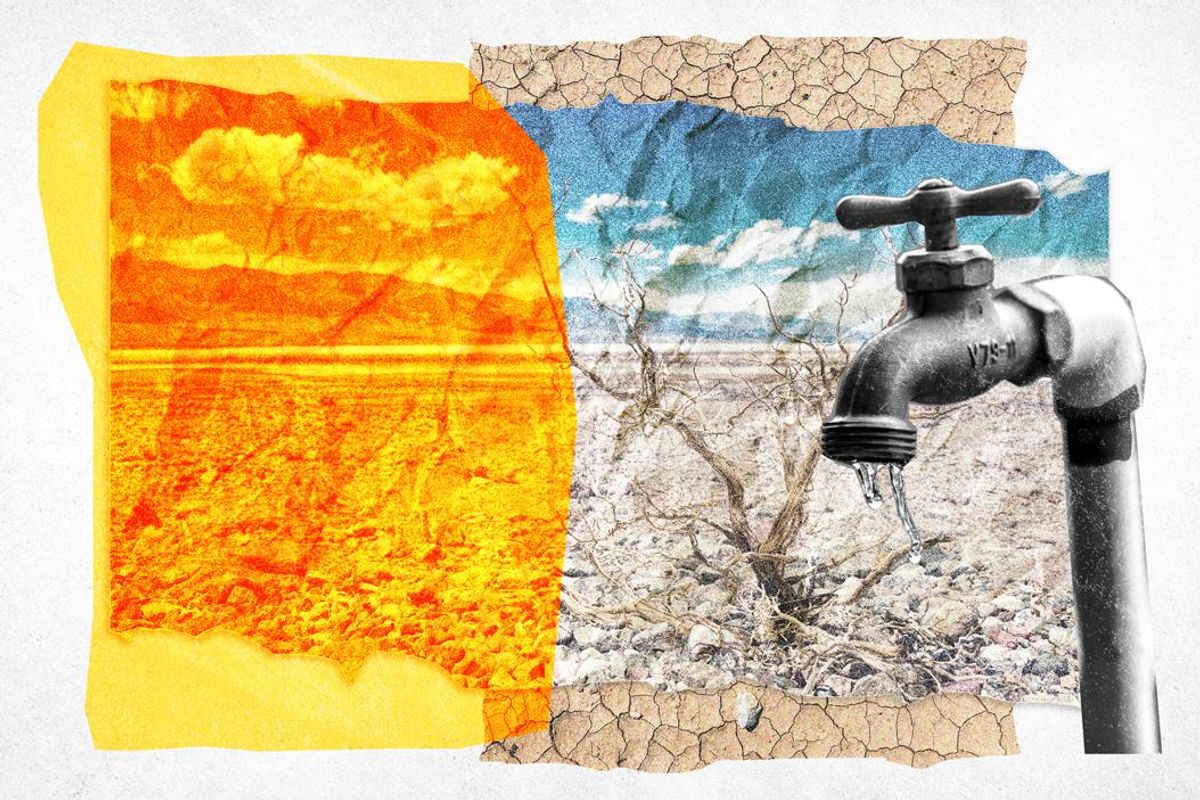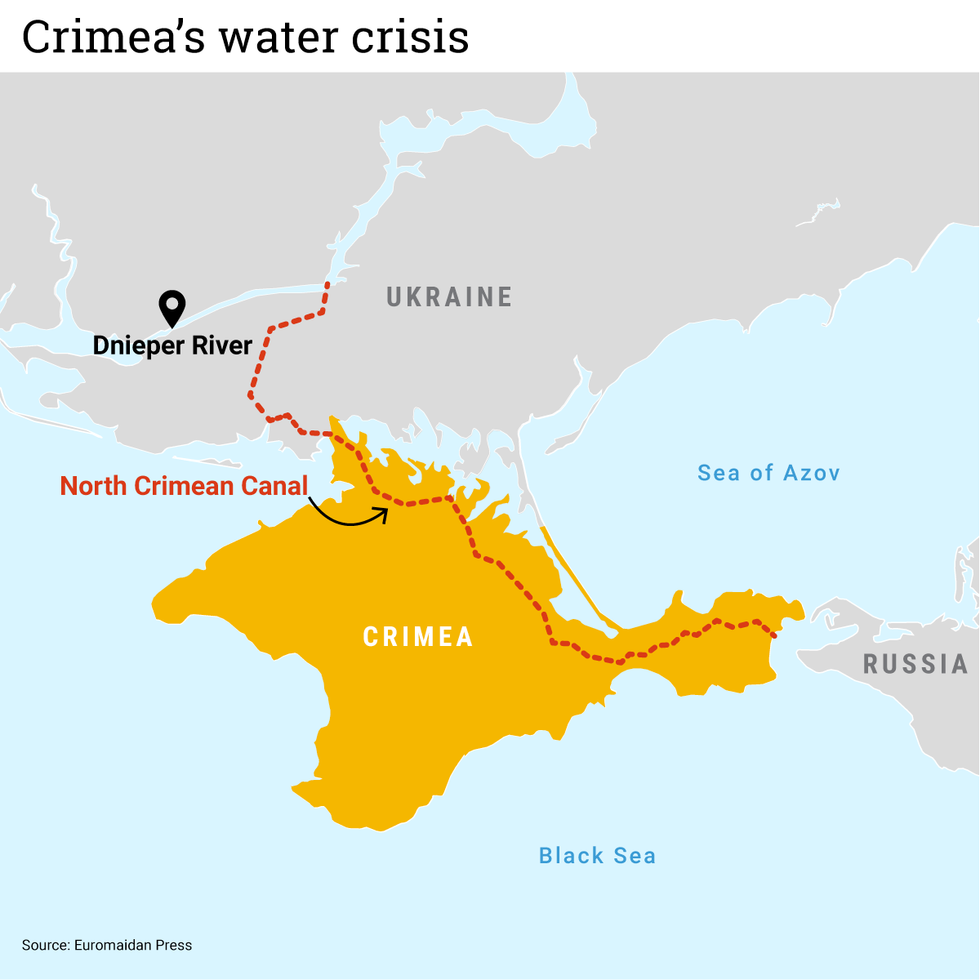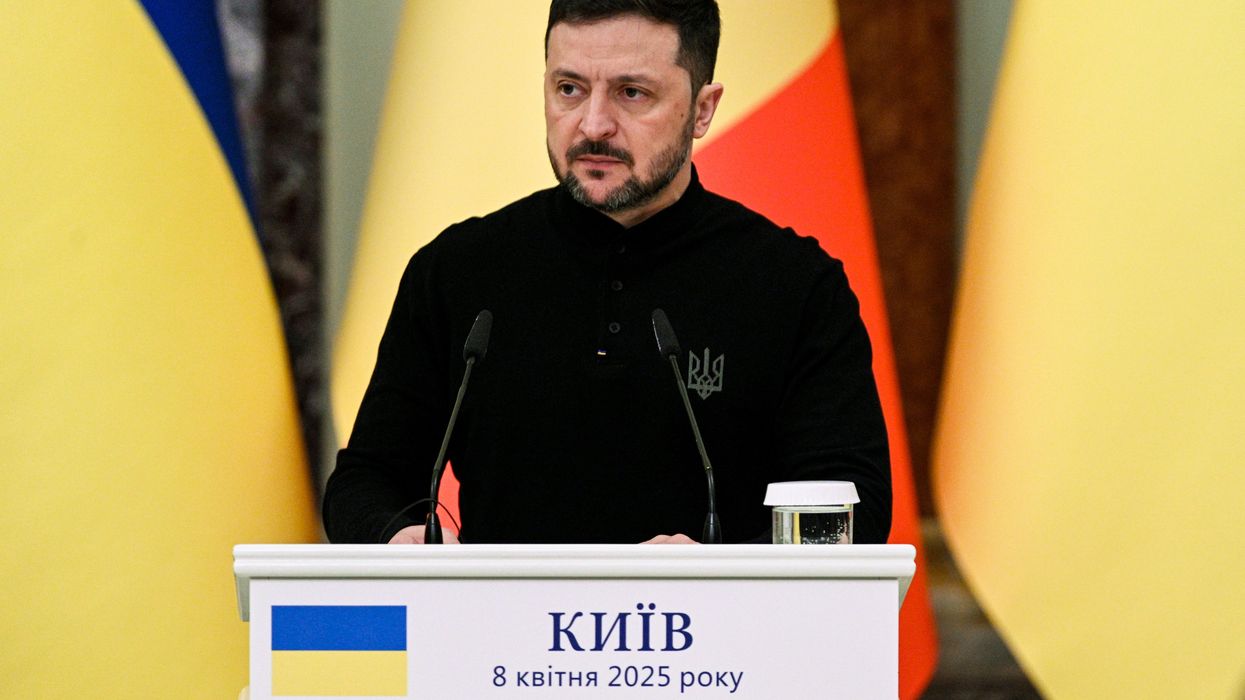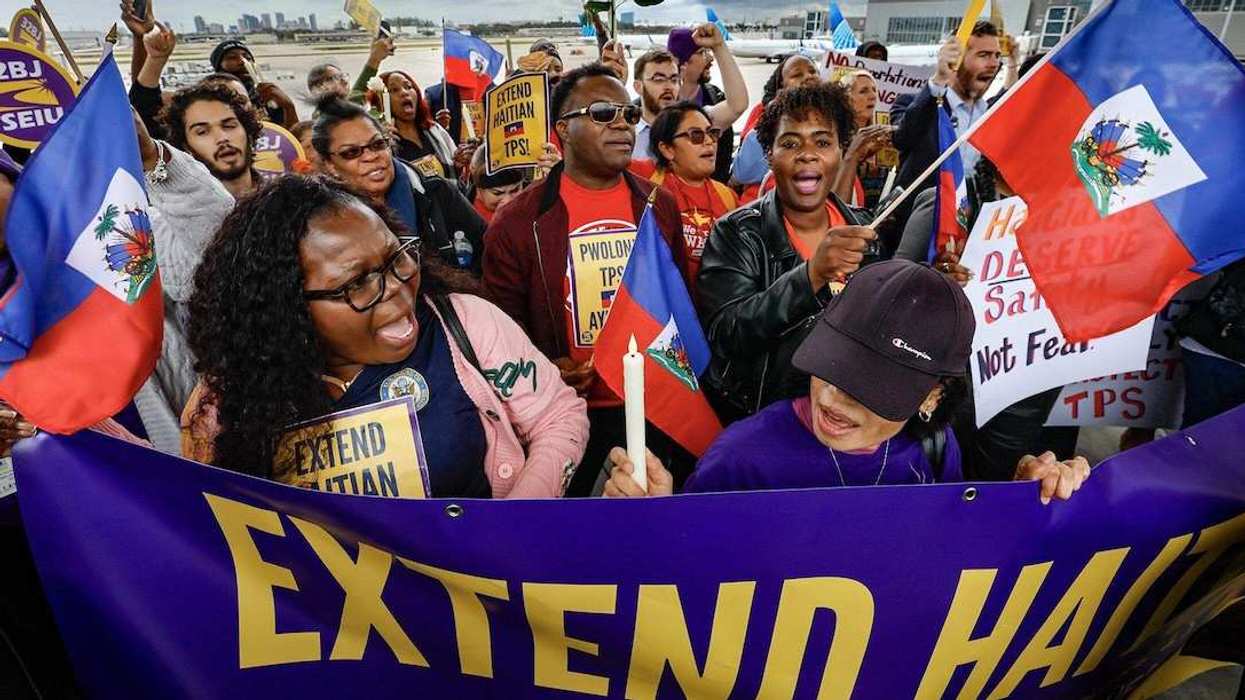Russia and Ukraine have been at odds over lots of things in recent years, but the latest spat is over something particularly fluid and intractable: water.
While much of the attention on Ukraine's conflict with Russia tends to focus on eastern Ukraine, where Russian-backed separatists control two Ukrainian provinces amid an ongoing civil war that's already killed 14,000 people, there's also Crimea, which Russia annexed in 2014 and continues to govern directly.
Since that time, Crimea has been running out of drinking water, and Moscow isn't happy about it.
A fluid backstory: Crimea is a sea-girdled peninsula of arid steppes and salty marshes. For decades, a Soviet-era canal brought Crimea 85 percent of its freshwater from rivers on the Ukrainian mainland.
But that began to change in 2014: after a popular uprising in Ukraine ousted the country's Kremlin-friendly president, Russia annexed Crimea, which is the only region of Ukraine where ethnic Russians predominate.
Although neither Kyiv, the US, nor the EU recognize Russia's control over Crimea, Ukraine has no way of kicking out Russia's vastly superior forces.
But at the same time, as long as the Kremlin de facto governs the place, Kyiv believes it no longer has any responsibility for the well-being of the people who live there. After all, they are now under a Russian flag, not a Ukrainian one.
And that's where the water crisis comes in, dam it! After the Russian takeover of Crimea, Ukraine built a dam across that Soviet-era canal to stop the flow of water to the peninsula.
The political and practical logic was simple: Russia can't expect Ukraine to continue watering a garden that the Kremlin has stolen. And Ukrainian officials have made clear that they don't intend to change their minds about that.
As a result, Crimean authorities have since 2014 been forced on occasion to
ration water, and after a particularly harsh drought earlier this year, Moscow leveled the charge of genocide at Kyiv for its decision to block the canal. This week, the Kremlin accused Kyiv of ecocide as well.
All of this has forced Russia to invest hundreds of millions of dollars in Crimean water infrastructure, not only for the drinking and irrigation needs of the region's 2.5 million civilian residents, but also for the growing number of Russian naval personnel stationed there.
"Crimea river," you might say, but all that money adds up. According to Bloomberg's numbers, the more than $20 billion that Russia has spent on Crimea is roughly equal to two entire years of Russia's entire education budget.
This is part of a bigger issue, the old "you broke it, you bought it" problem: "returning" Crimea to Russian control in 2014 brought Putin an unprecedented windfall of political support at home. But now he's on the hook for it: letting Crimeans go thirsty, or live in the dark, just isn't an option, but actually running a non-contiguous, water-poor peninsula costs a huge amount of money.
With recent droughts and local mismanagement making the water problem worse, the Kremlin seems keen to open the taps, as it were, on this particular issue.
What next? Despite a Russian troop buildup in April, the Kremlin insists there will be no "water war" with Ukraine. But Crimea's water shortage isn't getting any better, and global warming certainly won't help.
Pour yourself a tall glass of water, and watch this space.



















